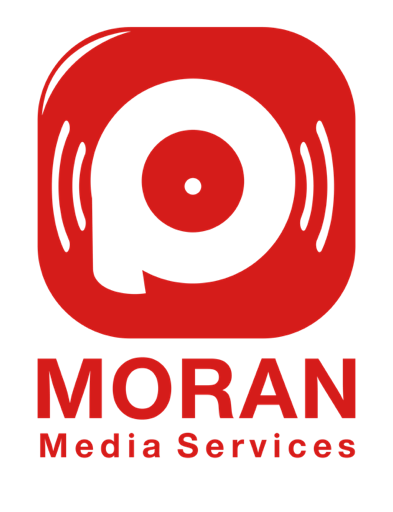Corporate travel arrangements are a collection of procedures a company or organization uses to plan and organize employee travel. These may be domestic or international and can include hotel rooms, flights and cabs and meal expenses as well as conference and meeting rooms. Some companies have dedicated teams or individuals who supervise and manage this responsibility. Others rely on third-party agents and software to manage them. To ensure successful business trips, it is crucial to have clearly defined procedures and be accountable.
The clear guidelines and policies for business travel minimize risk, optimize bookings as well as costs and ensure compliance with the regulatory requirements. They simplify the approval process so that employees feel confident when submitting requests.
In addition to setting policies, a travel management system (TMS) helps companies book and track business-related travel such as train, flight and hotel reservations as well as car rental and on-site meetings arrangements. It provides real-time analytics and information that is helpful to monitor travel spending and strategies.
Another aspect of a business travel policy is determining whether or not to allow employees to make bookings in business class since they are significantly cheaper than economy bookings when other expenses like baggage and meals are factored in. Certain companies also stipulate that frequent flyer miles earned during business travel are the corporate property, while others prefer to allow employees to keep their own. It is essential to carefully consider the needs of every company when making these choices.
